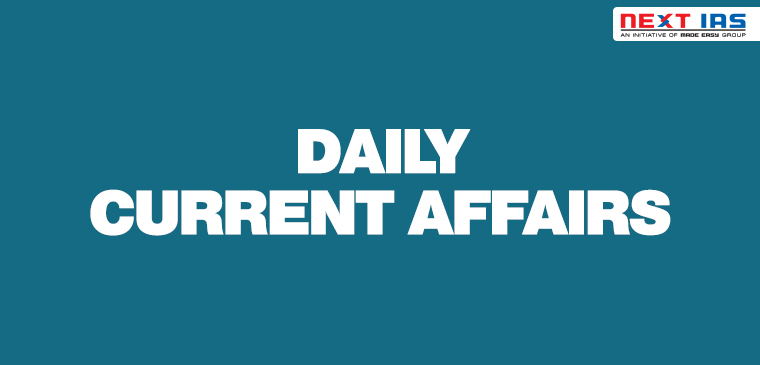
In News
Recently, the World Economic Forum released the Global Gender Gap Report 2021.
Key Findings of the report
- Globally
-
- The countries with the largest gender gaps in economic participation include Iran, India, Pakistan, Syria, Yemen, Iraq, and Afghanistan.
- The gender gap in political empowerment remains the largest: women represent only 26.1 percent of some 35,500 parliament seats and just 22.6 percent of over 3,400 ministers worldwide.
- Bangladesh is “the only country where more women have held head-of-state positions than men in the past 50 years,”
- South Asia incidentally is one of the worst-performing regions, followed only by the Middle East and northern Africa.
- China and India together account for about 90 to 95 per cent of the estimated 1.2 to 1.5 million missing female births annually worldwide due to gender-biased prenatal sex-selective practices.
- Indian Scenario
- India has declined on the political empowerment index as well by 13.5 percentage points, and a decline in the number of women ministers, from 23.1 per cent in 2019 to 9.1 per cent in 2021.
- India has closed 62.5 percent of its gender gap to date.
- It has still performed relatively well compared to other countries, ranking at 51 in women’s participation in politics.
- In the index of education attainment, India has been ranked at 114.
- The two indices where India has fared the worst are “Health and Survival”, which includes the sex ratio, and economic participation of women.
- India has fared the worst, ranking at 155 — the only country to have fared worse is China.
- The report points to a skewed sex ratio as a major factor.
- The economic participation gender gap actually widened in India by 3 per cent this year.
- The estimated earned income of women in India is only one-fifth of men’s, which puts the country among the bottom 10 globally on this indicator.
|
World Economic Forum
|
Previous article
New Development Bank (NDB)
Next article
Facts in News